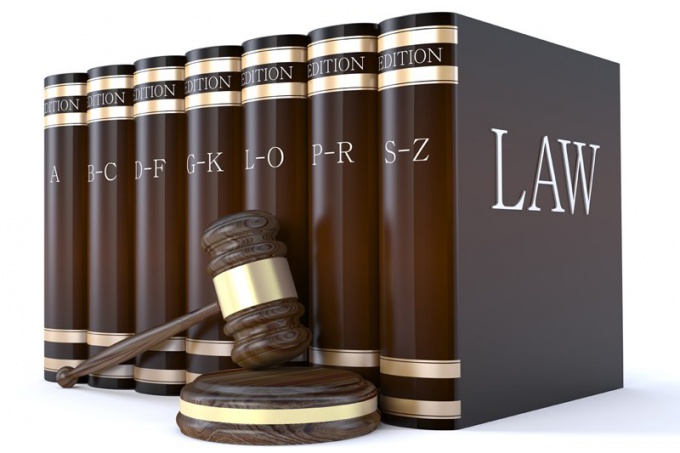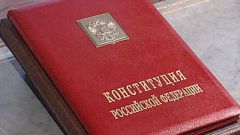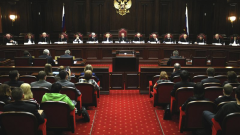Federal constitutional laws are presented to a special kind of legal acts that are accepted at a limited number of issues directly provided for by the Constitution of the Russian Federation. These issues are related to the subjects of the Russian Federation, are the most important and significant to the activities of the state. Therefore, for adoption of Federal constitutional laws for a special order, requires the approval of a large number of deputies. In addition, the Federal constitutional laws are following the Constitution in the hierarchy of normative legal acts of the country. This means that they do not contradict the Basic law, but all Federal laws, normative acts, legislative acts of constituent entities of the Russian Federation should meet them.
The Constitution defines the following list of questions, which allowed for adoption of Federal constitutional laws are: the conditions and procedure for the imposition of emergency, the establishment of the state symbols of Russia and its description, making the country a new subject or change the status of the existing entities, the procedure for establishing the regime of martial law, the definition of the status of the Commissioner for human rights, defining the judicial system, the formation and work of the higher judiciary, the Federal courts, the activities of the Government of the Russian Federation, the procedure and cases for a constitutional Assembly. A direct interpretation of the text of the Basic law leads to the conclusion that the following list of questions is closed, that is, Federal constitutional laws can be made solely on this list.
Currently, Federal constitutional laws have been adopted in almost all the issues listed above. The changes in each the adopted Federal constitutional law shall also be Federal constitutional law. It should be noted that these regulations cannot be used as a tool for changing norms of the Constitution of the Russian Federation, giving them flexibility or modernity, which is suggested by some researchers. In addition, it is impossible to prevent expansion of the list of issues that are accepted by the Federal constitutional laws, because often there are proposals to grant such status to one or another Federal law to increase its importance.
What are the issues envisaged by the Constitution of the Russian Federation?
The Constitution defines the following list of questions, which allowed for adoption of Federal constitutional laws are: the conditions and procedure for the imposition of emergency, the establishment of the state symbols of Russia and its description, making the country a new subject or change the status of the existing entities, the procedure for establishing the regime of martial law, the definition of the status of the Commissioner for human rights, defining the judicial system, the formation and work of the higher judiciary, the Federal courts, the activities of the Government of the Russian Federation, the procedure and cases for a constitutional Assembly. A direct interpretation of the text of the Basic law leads to the conclusion that the following list of questions is closed, that is, Federal constitutional laws can be made solely on this list.
Limitations of Federal constitutional laws
Currently, Federal constitutional laws have been adopted in almost all the issues listed above. The changes in each the adopted Federal constitutional law shall also be Federal constitutional law. It should be noted that these regulations cannot be used as a tool for changing norms of the Constitution of the Russian Federation, giving them flexibility or modernity, which is suggested by some researchers. In addition, it is impossible to prevent expansion of the list of issues that are accepted by the Federal constitutional laws, because often there are proposals to grant such status to one or another Federal law to increase its importance.








